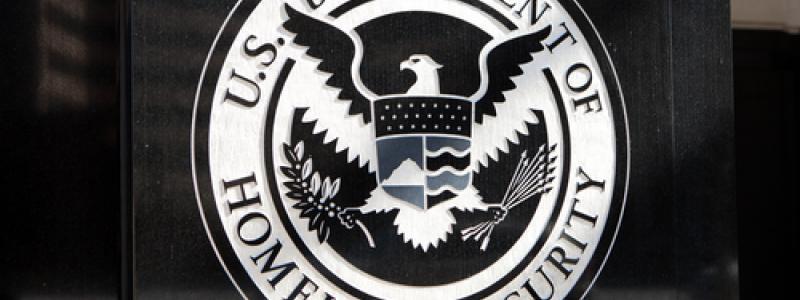DHS Going For Tighter Security Measures Instead Of Expanding Laptop Ban

The United States Department of Homeland Security (DHS) has chosen not to further expand the scope of its ban on laptop devices inside the cabins of commercial flights bound for America. What the DHS will be doing instead is implement stricter security measures for all airplanes coming to the US and for all airports.
According to the agency, the heightened security guidelines will be applied to all commercial flights going to the US, with no exceptions. Some may remember that the DHS had implemented a laptop ban that affected 10 airports in the Middle East and African regions. The agency is now saying that those airports implementing the new tighter security measures will no longer be under the ban.
Before, the DHS had prohibited laptops, tablet devices, and other electronic gadgets bigger than smartphones from being brought inside the cabins of commercial flights. Then around a month ago, there were reports that the agency was considering implementing the ban for commercial flights coming from Europe. The DHS then hinted that it might be expanding the ban later on to all international flights to and from America. When the DHS first proposed the laptop ban, it did so after receiving intelligence reports that terrorist groups were working on fashioning an explosive device that could be hidden inside portable electronic gadgets.
As indicated in a fact sheet posted in the official website of the DHS, the agency stated that the new security measures would consist of improving the screening of individual flight passengers, practicing enhanced inspection of personal electronic gadgets, heightening security measures around airplanes and passenger areas, and lastly, taking full advantage of advanced technology, increasing canine inspection efforts, and setting up more pre-clearance locations.
Last month, after seriously considering expanding the laptop ban to incoming flights from Europe, the DHS had decided not to push through with the ban. This was welcome news for European officials and airline companies, who were very worried that the laptop ban would have very severe repercussions for the European airline industry. It was estimated that up to 65 million passengers would have been very inconvenienced if the ban was implemented.
Banning laptop devices from the cabin of commercial flights is not always that simple. These devices happen to utilize lithium batteries, and if those are stored in the cargo hold of an aircraft, they could prove risky for the whole airplane, especially if they catch fire (although these rarely occur). And if that happens, no member of the flight attendant crew will be there to handle the situation.
Related Blog Articles
- Buy The Moto E4 From Republic Wireless And Enjoy A $30 Discount
- Your Guide To Facebook’s Wi-Fi Locator
- Study: We Still Don’t Like Digital Assistants That Much
- Pokemon Go’s Success May Have Had A Bigger Impact On Mobile Than Anybody Expected
- Qualcomm Looking To Add 5G, UAS To Its San Diego 3.5 GigaHertz Trials
- Usage Of Siri Decreases Since 2016, While Alexa’s And Cortana’s Improve
- Seeing AI: An iOS App From Microsoft That Describes Blind Users’ Surroundings
- FCC Votes Unanimously To Review System That Lets Phone Companies Check If A Number Is Legit
- US CBP Acknowledges It Doesn’t Have The Authority To Check Data Stored In The Cloud
- Enjoy Free Data When Purchasing A New Plan From Tello
Related Blog Posts
- Report: Drug users are using wearable devices during binges
- Spotify allows Android users to reorder playlists; Pandora lets users share tunes to Snapchat Stories
- WhatsApp combats fake news with a new forwarded label
- FCC: Today’s improving mobile networks can impact healthcare costs
- Did Apple Music already overtake Spotify in America?


 Menu
Menu